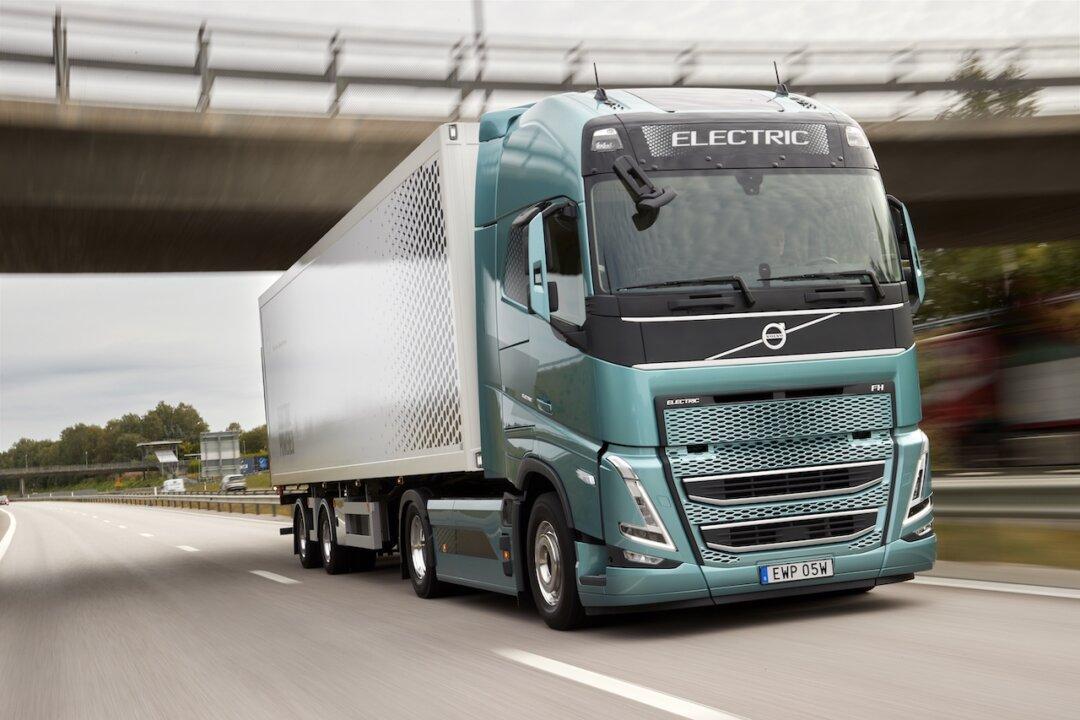Australian Prime Minister Anthony Albanese has launched a fleet of 43 electric trucks subsidised by the government.
As a result, parcel delivery company Team Global Express will replace a third of its trucks in Western Sydney with electric vehicles.

Australian Prime Minister Anthony Albanese has launched a fleet of 43 electric trucks subsidised by the government.
As a result, parcel delivery company Team Global Express will replace a third of its trucks in Western Sydney with electric vehicles.